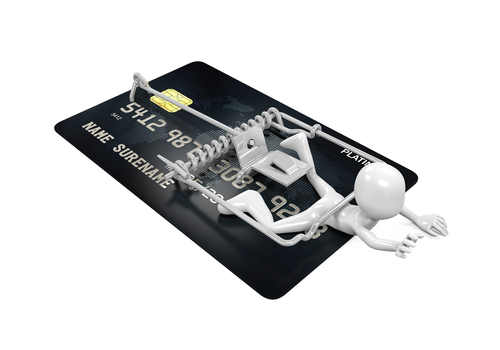All of us are after income generation. Along with our regular source of income we are quite interested to find out other avenues to generate some extra income. One such option is to earn passive income.
What is Passive Income?
Passive income involves regular earnings from a source other than an employer or a contractor. To be more precise, it can be said that passive income can come from just two sources. Some of the examples are rental income or income from a business in which an individual does not have an active participation. Earnings from book royalties or dividend paying stocks are also examples of passive income.
However, one might think that earning a passive income is a lot easier. You can do that as you sip your mojito on a beachside shack or watch another amazing Transformers movie or something incredible like Sicario. But that is the not the case.
In order to earn a passive income you need to do some homework and also know that a considerable amount of effort will have to be involved. It is true to have a secondary source of income apart from the regular source of income. Nothing is free in this world despite what the left always says such as that things can be free. Someone has to work and pay for it. In this case, it is you. But there are long term benefits.
So before we turn our dreams into reality, we need to have an idea of some of the ways to earn a passive income.
The top 6 ways to earn passive income are the following:
- Dividend stocks: As far as passive income is concerned, dividend stock is a tried and tested medium to earn a passive income. However, before you invest in dividend stocks you need to carry out careful research to find out about some fantastic companies where you can invest a significant amount of money. In fact, if you go on investing money in stellar stocks for years on end you can accrue a considerable amount of residual income.
- Peer to peer lending: This is typically a practice to lend money to borrowers who do not qualify for traditional loans. When you become a part of peer-to-peer lending you can actually spread your investment and mitigate the risk factors. The benefit of such lending is that you can choose the borrowers and charge a high amount of interest. In this form of lending you will be able to charge an interest rate higher than 10% or more which is considerably more than the conventional interest bearing investments. The most popular peer-to-peer lending platform is the Lending Club.
- Rental properties: If you have a property that is suitable enough to be rented then it can be a salient way to earn passive income. In fact, you can outsource the upkeep of the property to a management consultant and then it becomes a true source of passive income. The best way to get started with rental properties is crowd funding. The bright concept about doing this through a platform instead of doing it alone is that the income becomes even more passive.
- Invest with a robo-advisor: In this method you put money into an account and allow an algorithm to manage your investments. It is called a passive income because the algorithm does all the work for you. It is the algorithm that keeps your profile balanced. The pleasant aspect about these robo-advisors is that the fees of maintaining an account are much lesser than that of an account that is managed by a person. The two key players in the world of robo-advisors are Wealthfront and Betterment.
- Put money into high-yielding savings account: It is true that the conventional savings account could be quite boring to earn some passive income, but they are also the safest. Online banks are doing well in the field of savings account. They give a lot better interest rates to the clients than the conventional banks to which we are used to. It is now possible to obtain a decent savings rate without having to lock away your money for a long period of time.
- Affiliate marketing: This is another effective source of passive income. Affiliate marketing involves partnering with a company so that you can receive commission on their products. It seems a poignant method for folks who have blogs or websites since they may have a better understanding of the virtual world than others. However, as far as affiliate marketing is concerned it takes a long time before it actually becomes a passive income.
Last but not the least, research anything well before you make an investment to pursue these ends and to build a passive income portfolio or to develop another source of income.









